Illinois Considers Middle-Income Housing Program: What You Need to Know
Illinois Moves Forward with Middle-Income Housing Program
Illinois is making strides toward addressing the housing needs of middle-income residents with the proposed Illinois Middle-Income Housing Grant Pilot Program. Championed by the Quad Cities Chamber, this initiative aims to enhance affordability for renters and homeowners across the state. The program seeks to allocate $10 million over three years, focusing on reducing rent levels to below 140% of the area median income.
The Need for Middle-Income Housing
The issue of middle-income housing affordability has become increasingly pressing, particularly in the Quad Cities region. Many households in this income bracket find themselves unable to qualify for low-income housing assistance but also struggle to afford market-rate housing. Statistics show that a significant portion of Illinois residents allocate over 30% of their income to housing, making them cost-burdened. Moreover, the supply of affordable units continues to fall short of demand, creating a competitive housing market that leaves many middle-income families without viable options. Data from the U.S. Census Bureau highlights the gap between income levels and available housing prices, emphasizing the need for targeted initiatives.
The Role of the Quad Cities Chamber
The Quad Cities Chamber has been instrumental in advocating for this initiative. Their efforts focus on streamlining housing regulations, enhancing regional amenities, and promoting economic growth through accessible housing. By highlighting the gap in middle-income housing availability, the Chamber has successfully brought this issue to the forefront of Illinois’ legislative agenda.
SB1926: A Legislative Step Toward Housing Development
The introduction of SB1926, sponsored by Senator Mike Halpin, underscores the state’s commitment to addressing middle-income housing challenges. The bill establishes a framework for housing development aimed at individuals earning between 80% and 120% of the area median income. Key provisions include:
- Illinois Middle-Income Housing Grant Pilot Program: Directing funding towards new housing developments and renovations, including the conversion of commercial spaces into residential units.
- River Edge Redevelopment Zones: Targeting these areas for revitalization, leveraging their potential to spur economic growth and community development.
With a structured three-year timeline and a $10 million budget, SB1926 is expected to generate a significant increase in housing availability, alleviating market pressures and fostering community stability.
Economic and Community Impact
The proposed housing program is anticipated to stimulate economic growth through increased construction activity and job creation. The expansion of housing options in Illinois is also expected to attract a skilled workforce, boosting local businesses and strengthening regional economies.
Additionally, investments in River Edge Redevelopment Zones will revitalize underutilized properties, promoting urban renewal and enhancing community living standards. By aligning housing initiatives with infrastructure improvements, the state aims to create well-connected, thriving neighborhoods that support long-term economic sustainability.
Challenges and Implementation Strategies
While the program presents a promising solution, it also faces several implementation challenges. Regulatory hurdles, including zoning restrictions and environmental compliance, could slow development. Additionally, the $10 million funding allocation may require supplementation through public-private partnerships to achieve substantial impact.
To ensure successful implementation, policymakers and stakeholders must focus on:
- Regulatory Streamlining: Simplifying approval processes to expedite housing development.
- Community Engagement: Involving local residents and businesses to align projects with regional needs.
- Incremental Development: Rolling out projects in phases to refine strategies based on early results.
Looking Ahead
Illinois’ Middle-Income Housing Grant Pilot Program represents a critical step toward addressing the housing affordability crisis for middle-income families. With strong advocacy from the Quad Cities Chamber and legislative backing through SB1926, this initiative has the potential to make a lasting impact on housing accessibility in the state. As efforts move forward, collaboration between policymakers, developers, and community leaders will be key to ensuring that middle-income residents have access to affordable and sustainable housing options.
news via inbox
Nulla turp dis cursus. Integer liberos euismod pretium faucibua
2 Comments
Leave A Comment
You must be logged in to post a comment.
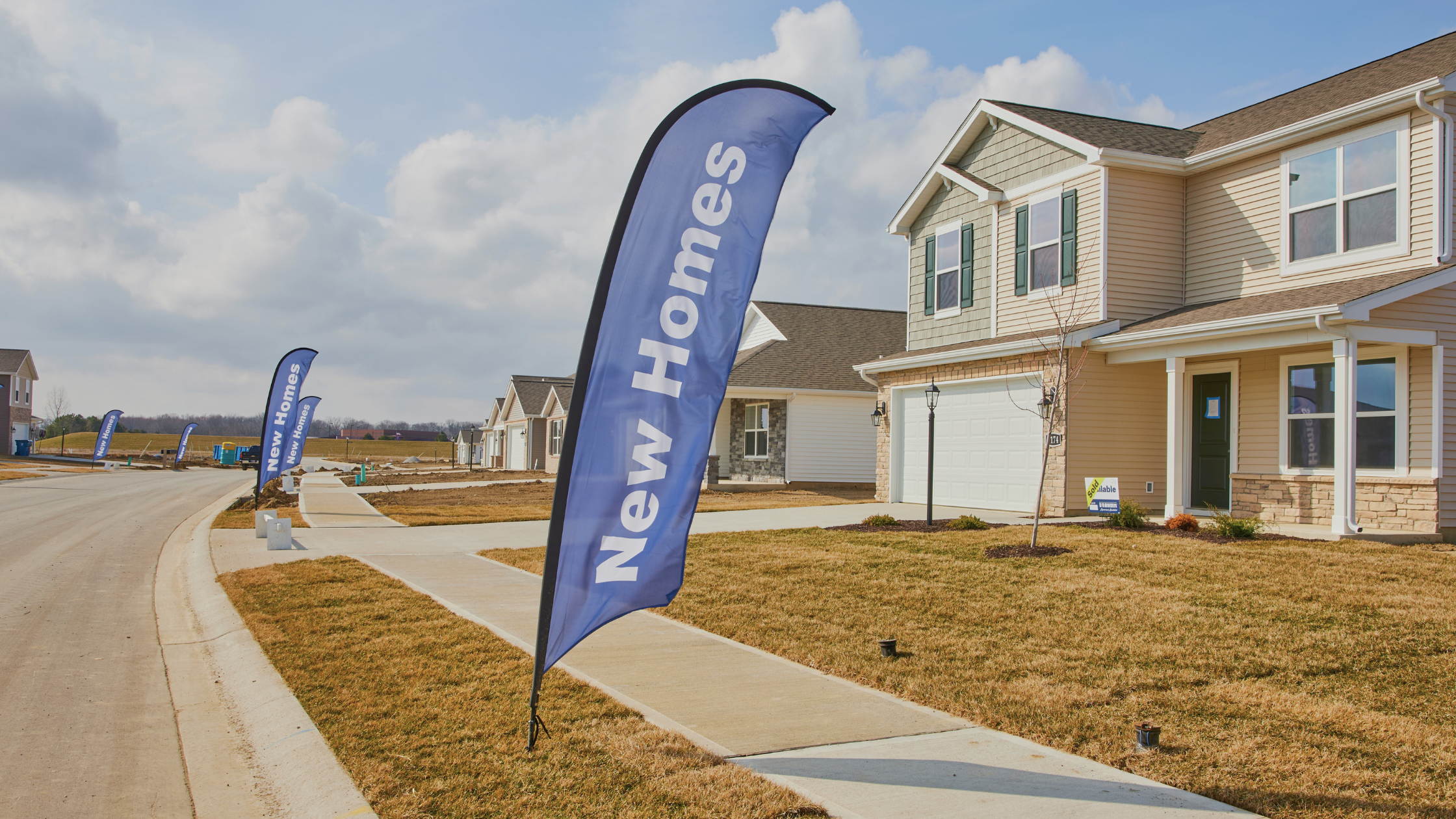
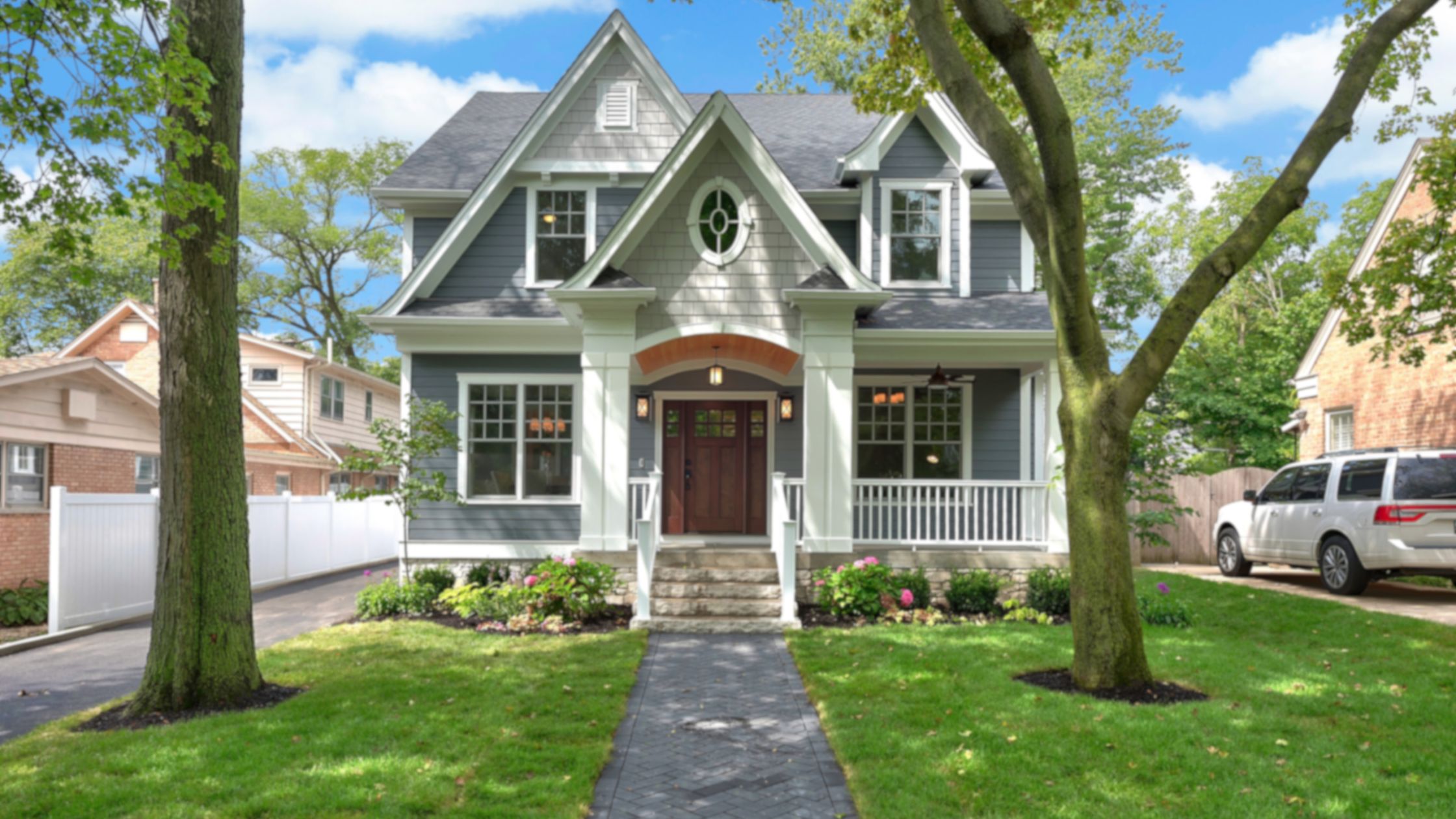

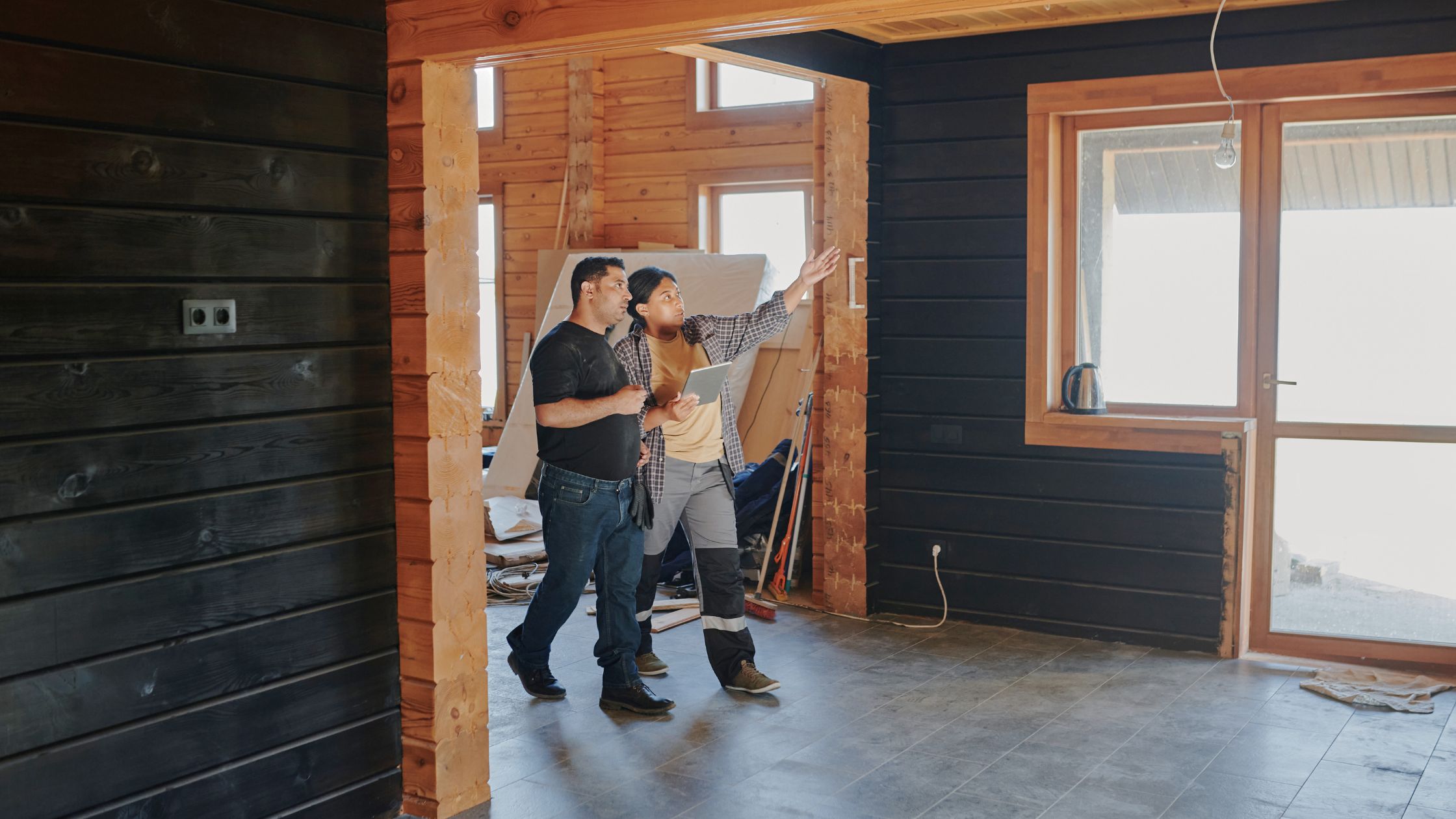
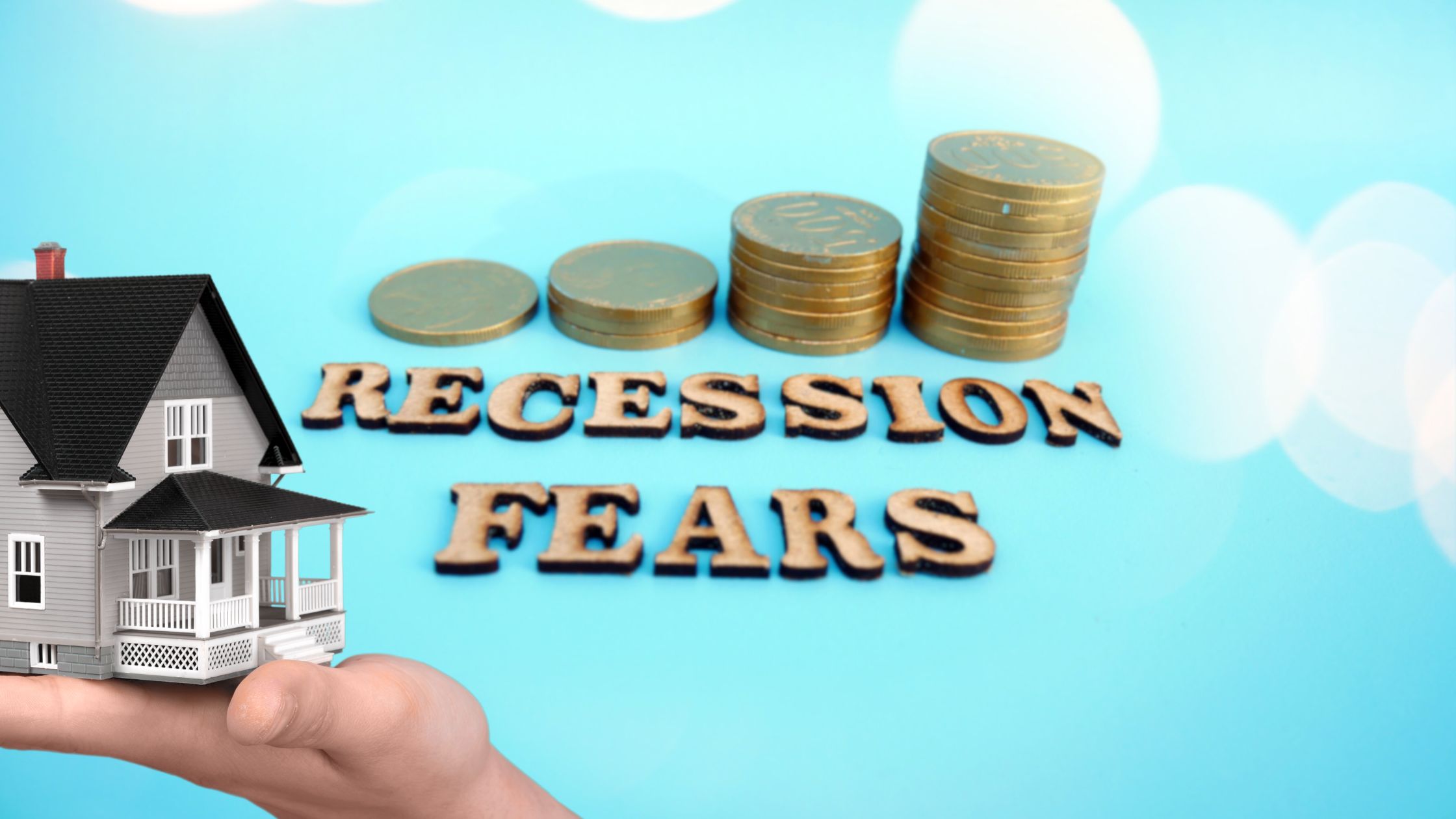
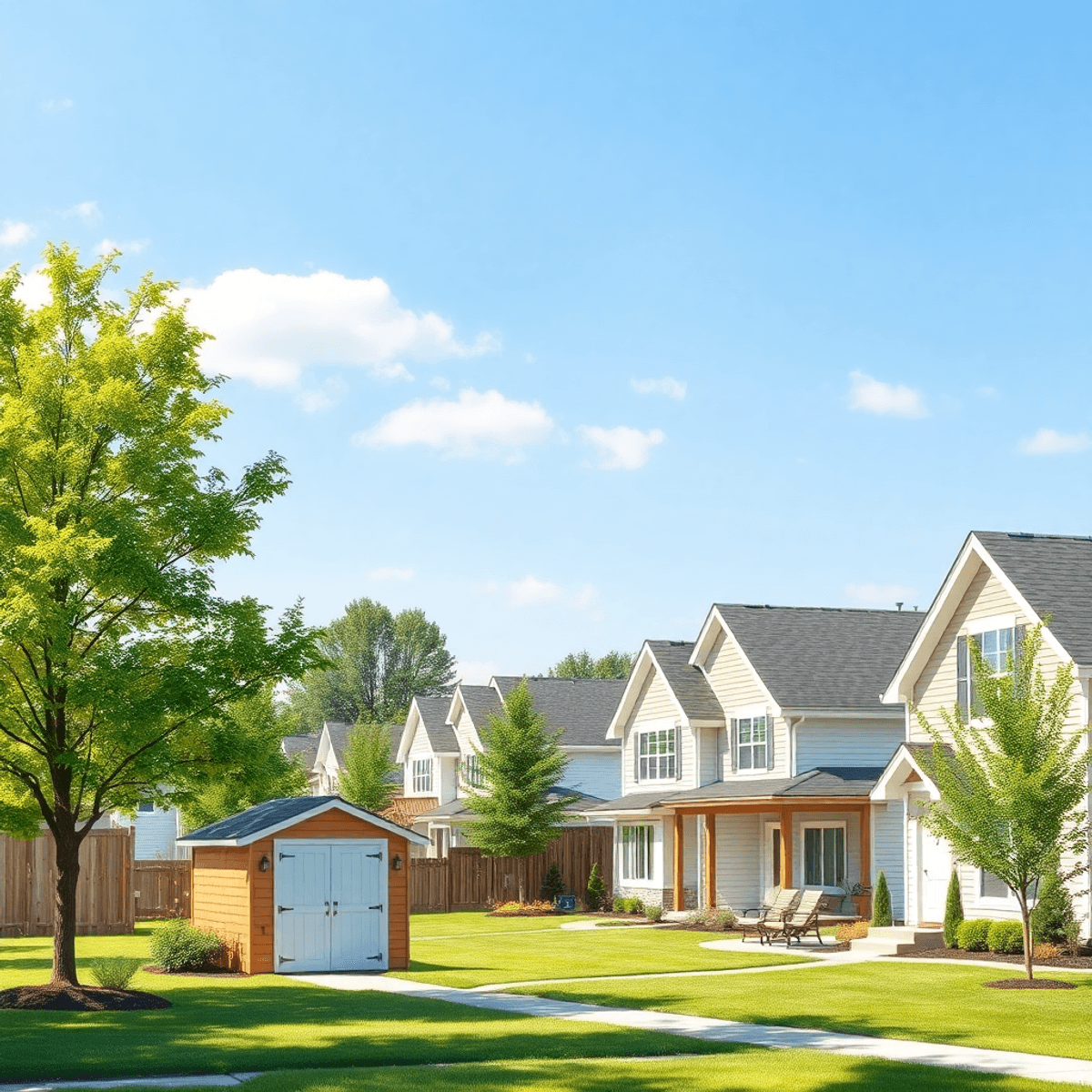


[…] needs of its middle-income residents. Inspired by advocacy efforts, the state is considering a middle-income housing program aimed at making home ownership and rental more affordable for this segment. However, it’s […]
[…] addition to the IHWAP, Illinois is considering a middle-income housing program, which aims to address the housing needs of middle-income residents by making home ownership and […]